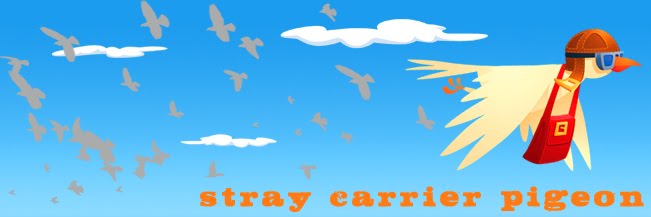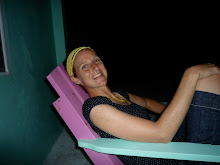I enjoyed the book this second time, although the lack of a plot or narrative thread bothers me a bit. The story amounts to a series of vignettes about two sisters, mostly in their backyard, who have to get along with an absent mother and abusive father.
Perhaps as enjoyable as Shea's printed words were my freshman-year, handwritten notes. Wow-wee, were those insightful. Like something I wrote in regards to this passage from the book:
"She jams her elbow into my neck. When I can hardly breathe, I let go. She gets up from the bushes. I find the spot on my neck where she elbowed me, another place where I might get cancer. It already feels hot there."
"She jams her elbow into my neck. When I can hardly breathe, I let go. She gets up from the bushes. I find the spot on my neck where she elbowed me, another place where I might get cancer. It already feels hot there."
Here's what I scribbled:
-children's misconceptions are carried through repeatedly. Realistic.
This isn't wrong, but it is a awkward. Either the professor had us read primarily for point of view, or I wasn't good at seeing the forest for the trees. I think my comment is a nod toward the narrator's belief that she must now have cancer. But why didn't I make a clear point of this? In several instances, the narrator is certain she has cancer.
So the book has no plot, but I want to come out and admit I'm jealous I didn't think of creating a shell-shocked father who wears a gorilla mask and hands to the dinner table.


No comments:
Post a Comment